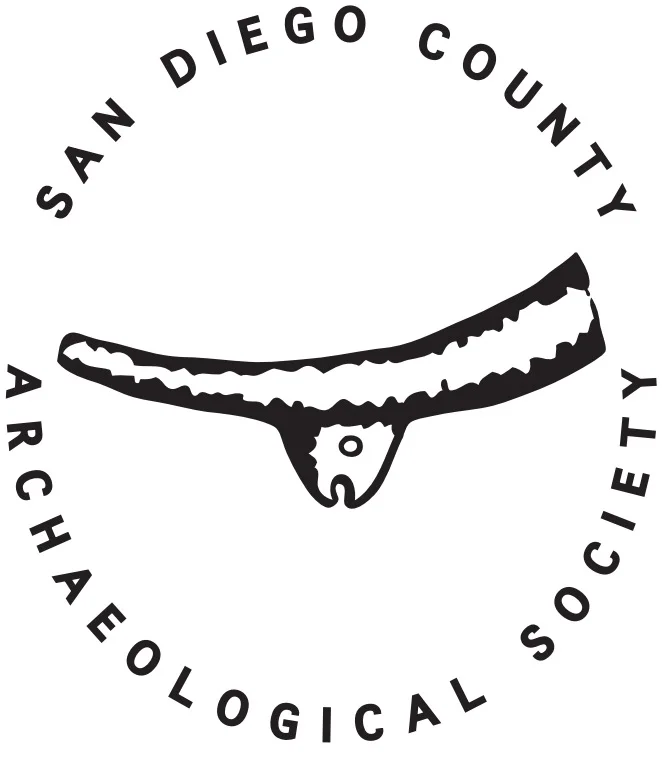Topic: Islands Through Time: A Human and Ecological History of California’s Northern Channel Islands
Speaker: Todd J. Braje
California’s Northern Channel Islands, sometimes called the American Galápagos, are often celebrated as a trip back in time where tourists can view glimpses of California prior to modern development. The islands are sometimes portrayed as frozen moments in history where ecosystems developed in virtual isolation for tens of thousands of years. For at least 13,000 years, however, the Chumash and their ancestors occupied the Northern Channel Islands, leaving behind an archaeological record that is one of the longest and best preserved in the Americas. From ephemeral hunting and gathering camps to densely populated coastal villages and EuroAmerican and Chinese historical sites, archaeologists have studied the Channel Island environments and material culture records for over 100 years. In the process, they have pieced together a fascinating story of initial settlement by small groups of mobile hunter-gatherers to the development of one of the world’s most complex hunter-gatherer societies ever recorded, followed by the devastating effects of European contact and settlement. Likely arriving by boat along a “kelp highway,” Paleocoastal migrants found not four offshore islands, but a single super island, Santarosae, that remained unconnected to the mainland throughout the Pleistocene. For more than 10,000 years, the Chumash and their predecessors survived dramatic changes to their land- and seascapes, climatic fluctuations, and ever-evolving social and cultural developments. Today, the lessons of Channel Islands history can act as a guide for building sustainable strategies. The resilience of the Chumash and Channel Island ecosystems provides a compelling story of hope for a world increasingly threatened by climate change, rising seas, declining biodiversity, and geopolitical instability.
Todd Braje is professor and chair of anthropology at San Diego State University specializing in long-term human-environmental ecodynamics, the archaeology of maritime societies, historical ecological approaches to understanding coastal hunter-gatherer-fishers, and the peopling of the New World. Over the last fifteen years, the majority of his archaeological field research has been conducted on California’s Northern Channel Islands where he investigates the 13,000-year history of human-environmental interactions and the application of archaeological records to modern fisheries management. His diverse research includes fieldwork at some of the oldest sites along the New World Pacific Coast, occupied by Pleistocene maritime voyagers, and 19 th century commercial abalone processing camps, created by Chinese immigrants during the California Gold Rush. Along with over 100 academic journal articles and book chapters, Braje published Islands through Time: A Human and Ecological History of California Channel Islands in 2021 and has an upcoming book with Smithsonian Books, Understanding Imperiled Earth: How Human History Can Inform Our Planet’s Future, available in 2024.
